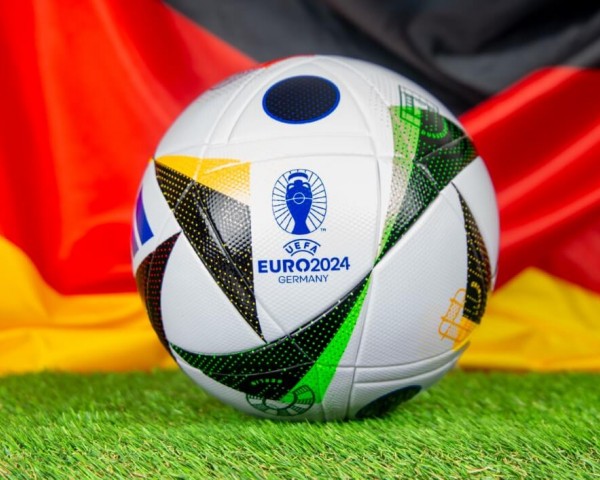As the host of Euro 2024 (June 14– July 14), Germany expects to gain a substantial economic boost of 1 billion euros ($1.07 billion) from foreign tourists flocking to the country for football matches, as projected by the IFO Institute. This figure, which accounts for approximately 0.1% of the country’s economic output in the second quarter, underscores the hospitality and food retail sectors’ significant role in reaping the games’ benefits, as highlighted by the nation’s premier economic research institute.
However, it is important to note that this economic windfall is expected to be transitory, with a subsequent decrease in service exports once the European Championship concludes in the third quarter. This projection suggests that while the games may temporarily boost the economy, the overall impact will likely be neutral.
The institute predicts that more than 600,000 foreign tourists and an additional 1.5 million overnight stays are expected during the championship. These figures are based on calculations from the 2006 FIFA World Cup hosted by Germany.
Germany’s economy ministry also anticipates a temporary boost in consumer-related sectors following weak retail sales this year, although not as significant as during the 2006 World Cup.
Furthermore, it is important to recognize that the overall impact of Euro 2024 on Europe’s largest economy will significantly hinge on the performance of the German national team at the tournament. This underscores the event’s emotional and economic significance.
Euro 2024 Is an Economic Driver
The ripple effects of this major event will be felt across various sectors, particularly benefiting hotels and restaurants in the ten host cities. These establishments, along with the large stadiums and fan miles, will serve as the event’s epicenter, attracting both local and international visitors. The base quarters of the 24 teams will also see increased activity, with players and support teams booking accommodation in rural regions during the tournament. The Euro 2024 art and culture program, which spans over 300 events at 45 locations across Germany, will further contribute to the country’s economic vibrancy.
Guests Want to Stay Longer in Germany
According to a recent GNTB real-time survey in three key source markets (Great Britain, France, and Spain), there is a strong indication of high interest in extending their stay in Germany for UEFA Euro 2024. 92 percent of respondents visiting Germany for the tournament plan to attend the matches and extend their stay in the country, with 40 percent planning to stay for at least four nights. This is a promising sign for the tourism industry.












